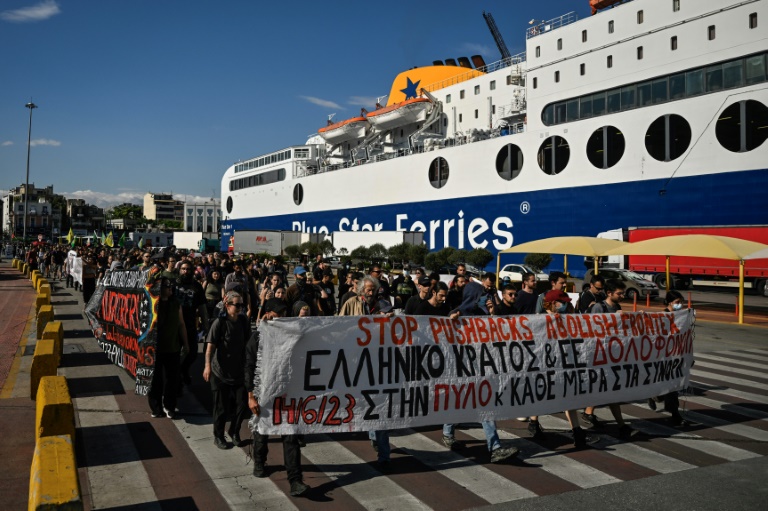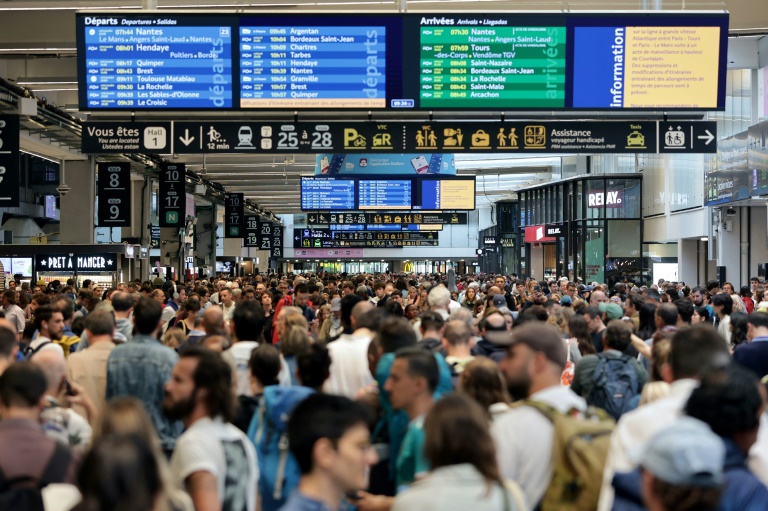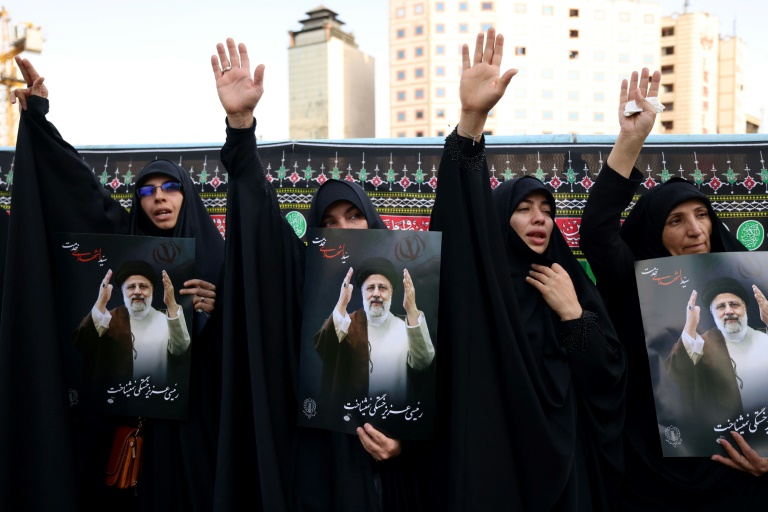A Greek court on Tuesday dropped charges against nine Egyptians over one of the Mediterranean’s worst migrant shipwrecks in which rights groups said they had been made scapegoats for the failures of the Greek coastguard in the deaths of more than 600 people.
The hearing in Kalamata, southwestern Greece, finished in just over three hours. The state prosecutor accepted the defence argument, urged the court to drop the charges and the nine were acquitted.
The suspects were detained hours after the rusty and overloaded trawler Adriana sank on the night of June 13-14 last year. It was carrying more than 750 people, according to the United Nations, but only 82 bodies were found.
The nine Egyptians — who were among the 104 survivors — had faced charges including negligent homicide, participating in a criminal organisation and facilitating illegal entry into the country.
The men, aged 21 to 37 years old, would have faced life imprisonment if convicted.
Defence lawyers argued that a Greek court cannot try the case as the accident occurred in international waters.
As the decision was announced, some relatives of the suspects broke down in tears.
“I sold all my property for this trip,” one of the accused told the court. “I don’t know why I am in prison. I want to see my family. The man added that he had lost a relative in the shipwreck.
“I was in hospital after surviving the shipwreck with difficulty, and I find myself accused. I don’t know why,” another suspect told the court.
The Egyptians were taken away in a police van to a migrant camp where their asylum claims will be heard, their lawyers said.
Defence and rights groups said the men had been made scapegoats to obscure the failed rescue operation of the Greek coastguard.
The defence also argued that major procedural errors were committed in the investigation.
They say the defendants were arrested barely 24 hours after the sinking, and on the basis of just nine testimonies, some of which were not properly translated.
The lawyers say some of the suspects were still receiving medical treatment when arrested.
Some survivors subsequently claimed to have come under pressure from Greek police to point out the suspects, based on blurry photographs, the defence says.
The sinking of the Adriana, 47 nautical miles (87 kilometres) off the coast of Pylos, left many unanswered questions as to whether lives could have been saved.
The boat was sailing from Libya to Italy. In addition to Syrians and Palestinians, it was carrying nearly 350 Pakistanis, according to the Pakistani government.
Ahead of the trial, Human Rights Watch (HRW) noted that a parallel investigation into the Greek authorities’ actions was still at a preliminary stage — meaning the court had incomplete information in assessing the culpability of the defendants.
The NGO Alarm Phone and the EU’s border agency Frontex both reported the trawler’s presence in the Greek search and rescue zone to Greek authorities.
Survivors said the coastguard was towing the vessel when it capsized.
Anti-fascist and leftist groups staged a protest outside the court to denounce Europe’s migration policies.
Before the trial, there was a skirmish between riot police and protesters, with two people hurt. At least three protesters were detained, according to police.
The coastguard has insisted that it communicated with people on board who “refused any help”.
An investigation by a naval court into the coastguard action is underway. But requests for access to the files have all been refused, the defence lawyers said.
“Credible and meaningful accountability for one of the worst shipwrecks in the Mediterranean needs to include a determination of any liabilities of Greek authorities,” HRW specialist Judith Sunderland said in a statement ahead of the trial.
In September, around 50 survivors filed a group lawsuit against the coastguard.
For migrant rights proponents, the trial was part of a longstanding practise of criminalising asylum seekers.
According to the NGO Borderline Europe, Greek prisons hold around 2,000 migrants accused of being smugglers, constituting the second largest group in the prison population.





![Android 15 Beta 2 Release: Designed for enhanced user experience [see how]](https://data1.ibtimes.co.in/en/full/798079/android-15-beta-2.png)

